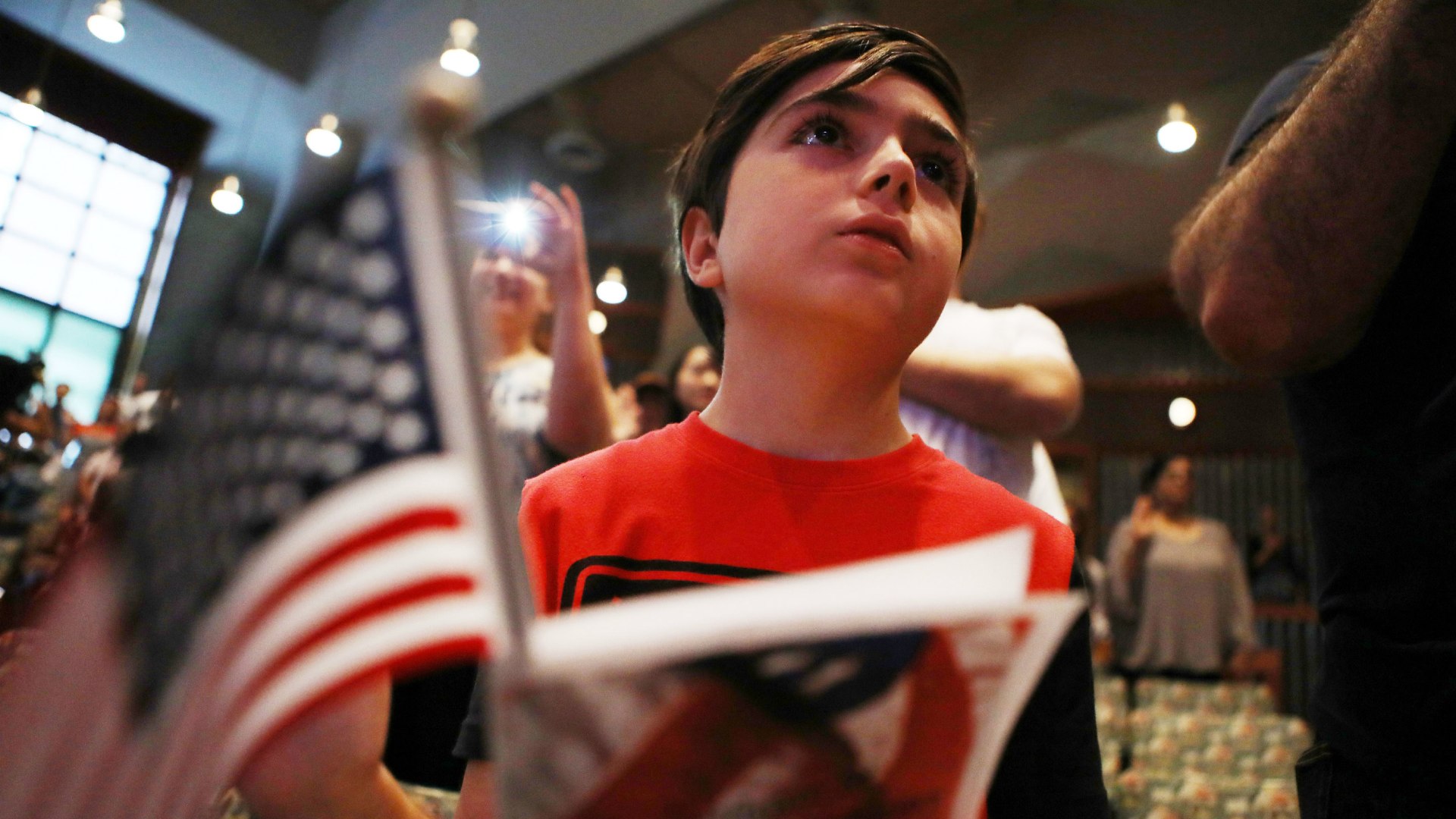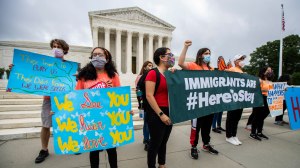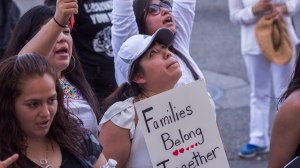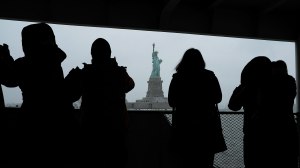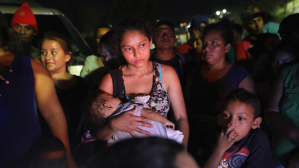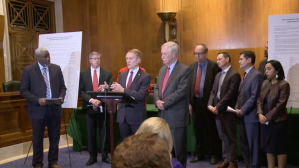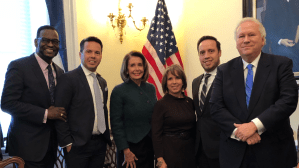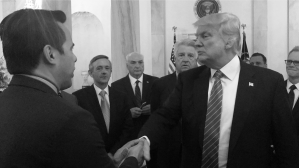In this series

The Trump administration’s decision to once again cut the US refugee ceiling didn’t come as a surprise after significant reductions in 2017 and 2018, but as one evangelical leader said, expecting the move didn’t make it any easier to bear.
“That the administration had already telegraphed plans to slam the door on refugees by slashing the # to be resettled during FY2020 by 40% to a new low of only 18,000 takes away none of the sting,” tweeted Galen Carey, vice president of government relations for the National Association of Evangelicals. “Incredibly inconsistent w/ the pledged commitment to religious freedom.”
The official announcement of the new number came on Thursday, the same week as a historic speech by President Trump at the United Nations, where he touted US commitment to religious freedom and announced new measures to protect persecuted faiths.
The United States Commission on International Religious Freedom, which advises the federal government on religious freedom concerns abroad, condemned earlier reports of the proposed reduction.
“USCIRF is alarmed by reports that the #Trump administration is preparing to significantly reduce, or even zero out, the number of #refugees to be resettled to the US in FY 2020,” the commission tweeted.
President Trump’s administration has dramatically cut the number of refugees admitted to the US every year since taking office. Last year, CT reported on evangelicals condemning the decision to drop the refugee ceiling to then-historic low of 30,000 for the 2019 fiscal year. The year before, it was down to 45,000. Up until then, the cap for resettling refugees in the US hadn’t gone below 70,000 in 30 years.
As global religious persecution, unrest, and displacement surge refugee totals to new highs worldwide, USCIRF is encouraging the government to return the cap on admitted refugees to even higher than before. The group “urges ceiling to be set at previous 95,000 to provide safe haven for most vulnerable.”
The previous reductions have resulted in far fewer asylum seekers from countries where persecution is the highest making it into the US, including Christians in the Middle East who are victims of government restrictions and terrorist violence.
According to data analyzed by World Relief, the number of refugees coming from USCIRF’s top-tier “countries of particular concern” declined by 82 percent between 2016 and 2019. For example, just 62 Christian refugees from Syria entered the US in 2018, compared to 12,587 in 2016.
In addition to the continued reduction of refugees, new regulations around resettlement locations threaten how agencies like World Relief operate. The evangelical organization said a new executive order requiring state and local consent could keep families from resettling together or force refugees to live in places without the support of a resettlement agency.
World Relief—one of nine agencies working with the government to resettle refugees—had to close five of 27 locations in 2017, and shut down more offices this year, including in Akron, Ohio, and Jacksonville, Florida.
Two thirds of white evangelicals believe the US does not have responsibility to accept refugees, according to a 2018 Pew Research survey, but many prominent evangelical leaders are vocally in favor of refugee admittance.
Members of the Evangelical Immigration Table—which includes the heads of the NAE and World Relief as well as Ethics and Religious Liberty Commission president Russell Moore, National Hispanic Christian Leadership Conference president Sam Rodriguez, and Bethany Christian Services president Chris Palusky—consider the refugee resettlement program “a lifeline for those feeling persecution.”
Former World Vision president Richard Stearns also critiqued the refugee policy. “We turned away Jewish refugees fleeing the Nazis in WWII,” he wrote on Twitter. “I thought our national conscience had learned a lesson. Guess not.”

